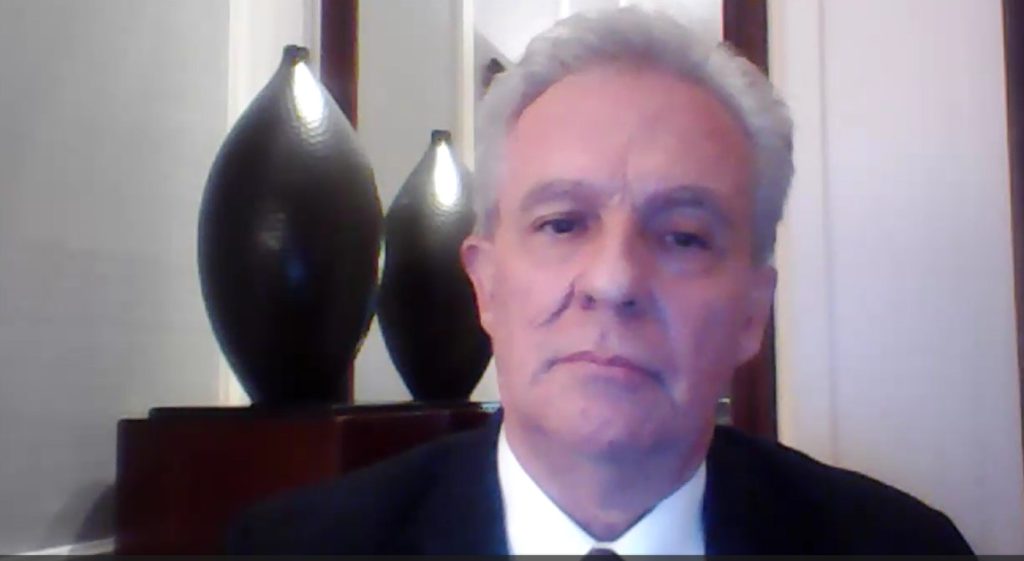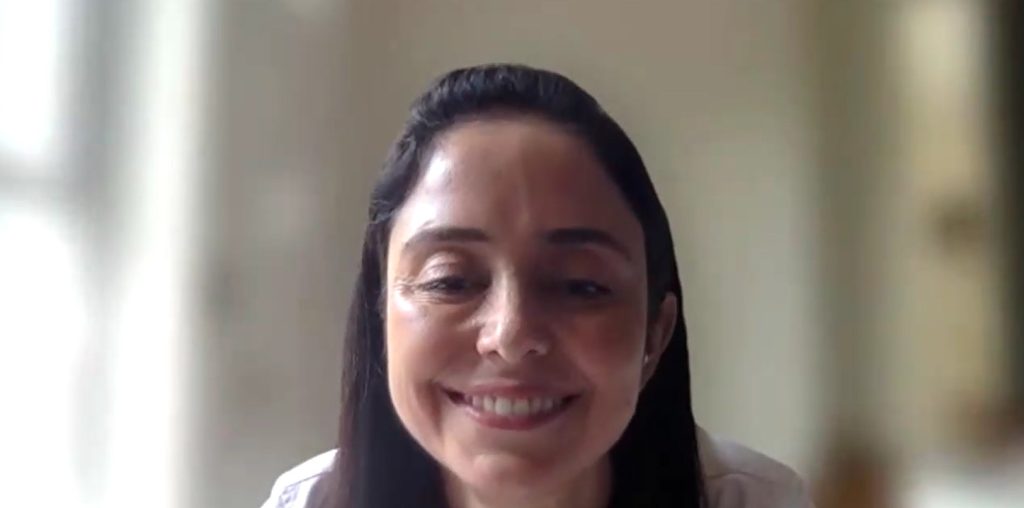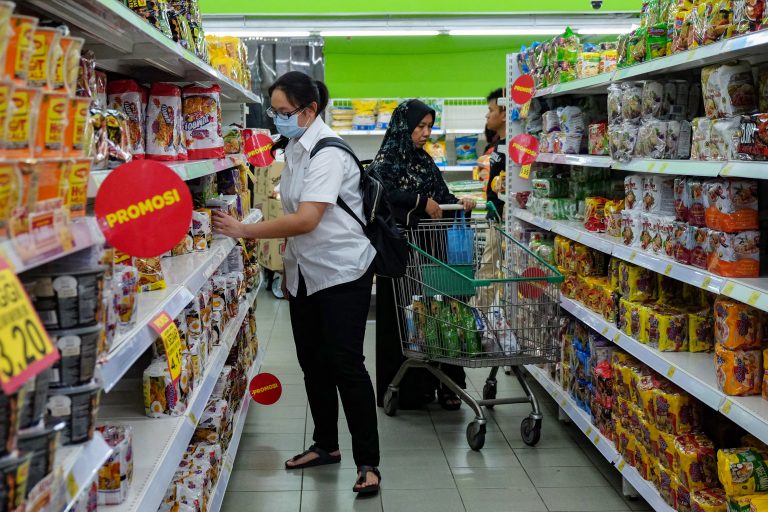São Paulo – The world’s largest halal exhibition, Malaysia’s MIHAS, is the gateway for Brazilian companies wishing to do business with a market that is expected to encompass 2.2 billion people by 2030 and grow nearly three times more than the global population. The MIHAS 2024 Webinar held on Thursday (11) showcased opportunities presented by the exhibition, the Malaysian market, and the halal industry, with halal meaning fit for Muslim consumption.
MIHAS will be held in Malaysian capital city Kuala Lumpur from September 17 to 20 and include a stand organized by the Halal do Brasil project, a partnership between the Arab-Brazilian Chamber of Commerce (ABCC) and the Brazilian Trade and Investment Promotion Agency (ApexBrasil).

Ary Quintella, Brazil’s ambassador to Kuala Lumpur pointed out that Brazil returned to MIHAS at last year’s edition, following a six-year absence. For the local public, it was a relevant absence as customers like to see Brazilian firms at the trade show. The ambassador added that companies wishing to sell to the halal market must have a routine participation in this trade show. “If Brazil wants to create an impact not only on Malaysia’s halal market but many Muslim-majority countries, participating in MIHAS is a safe way to do so,” he said.
Quintella said that Brazil’s trade surplus with Malaysia reached USD 2.6 billion last year, and the number of Brazilian enterprises exporting to the Asian country has doubled since 2022. There is now 27 beef and poultry plants accredited to export to Malaysia.

Founders of the e-commerce of Brazilian products MundoLah, Caroline Frassa and Andrea Fuchsloch, expounded on their experience working with the Malaysian market. Their company sells various food and beverage products like pão de queijo, farofa, and guaraná in Asia. “Imports are regarded as quality products and are very popular,” said Frassa. “The 2023 MIHAS was a very B2B event, with many businesspeople seeking to make deals,” added Fuchsloch.
Kossi Telou, commercial advisor at the Consulate of Malaysia in São Paulo, said that halal goods draw attention from various markets. “Our unwavering commitment to halal excellence is exemplified by initiatives like MIHAS itself, a major platform for companies to connect with Southeast Asia and the Muslim world in general,” he said.
Data on Malaysia and the halal market
According to information compiled by the ABCC Market Intelligence Manager Marcus Vinicius, the global Muslim population is projected to jump from 1.9 billion people this year to 2.8 billion by 2050. It is expected to grow by 47%, while the global population is forecasted to expand by 14%. It was a USD 1.4 trillion consumer market of goods and services and is expected to reach USD 1.8 trillion by 2027.
Brazil is now the second-largest halal food exporter to the Islamic countries after China, and Malaysia’s eighth leading supplier.
Alimentos Halal Brasil director Nasereddin Khazraji said that the halal market has a very large potential growth and should be further explored by Brazilian companies. He admitted it is a judicious market that requires documents and certifications, and that it is important for companies to participate in MIHAS. “The latest tools used by the ABCC, the [Brazilian] embassy [in Kuala Lumpur], and ApexBrasil bring this market closer to Brazil’s,” he said.
ABCC President Osmar Chohfi said that MIHAS could expand halal business beyond the Malaysian market. “It’s an opportunity to break into the Islamic market,” he said.
Find out more on the exhibition’s website and via email at halaldobrasil@ccab.org.br
Translated by Guilherme Miranda




